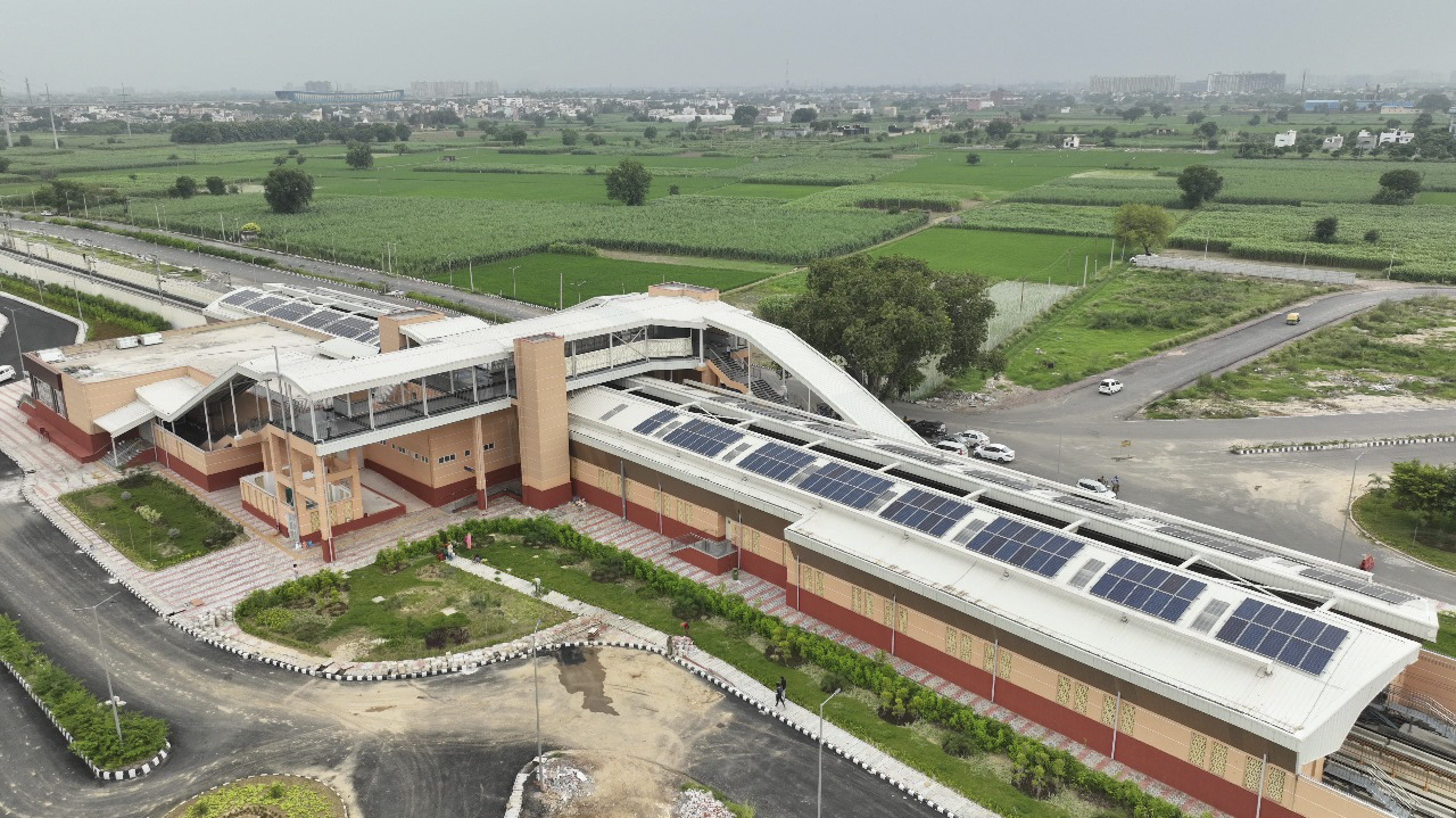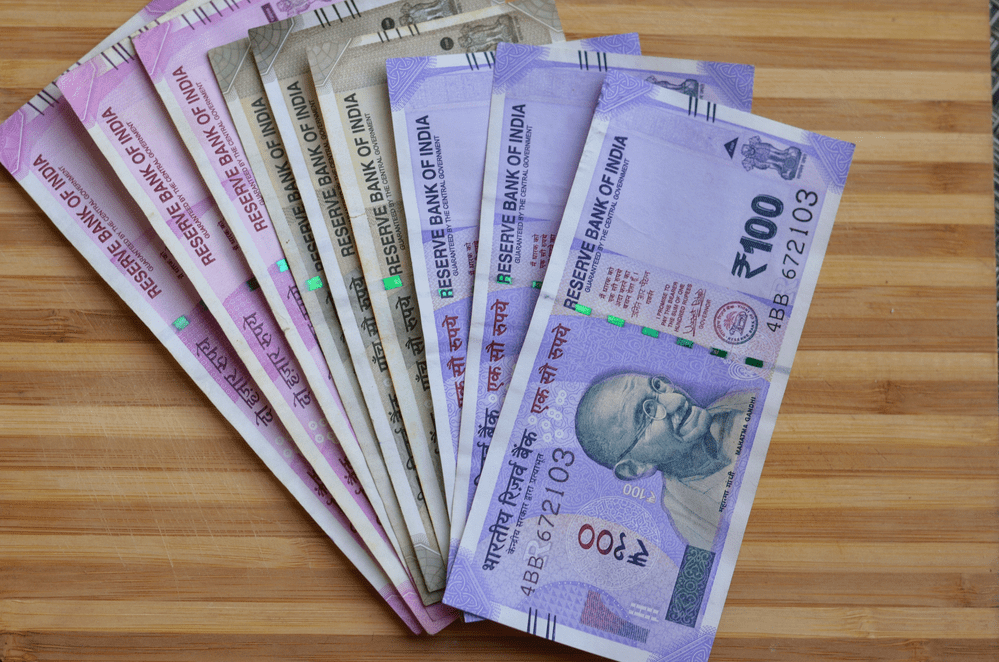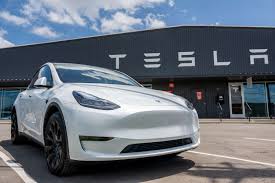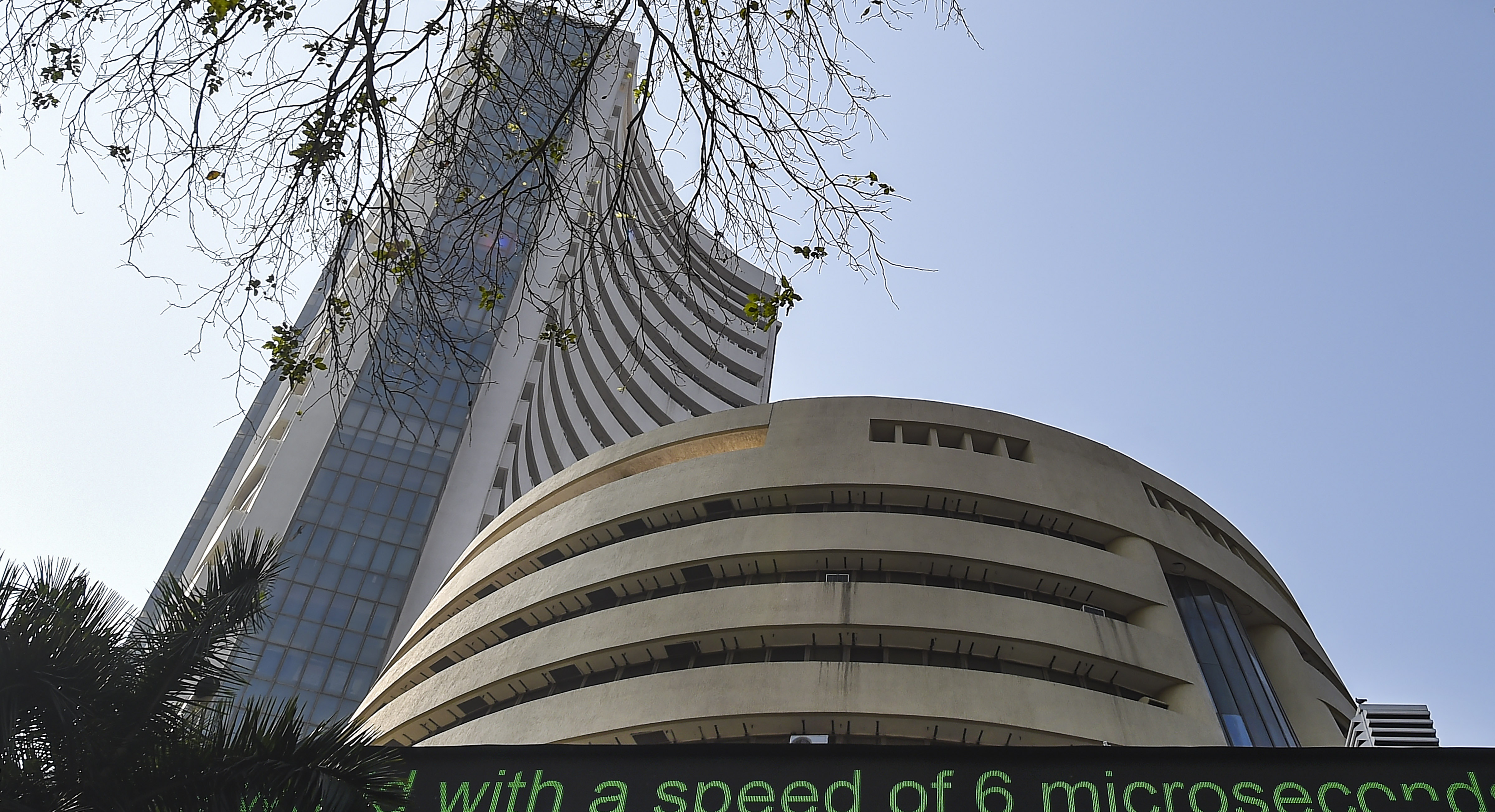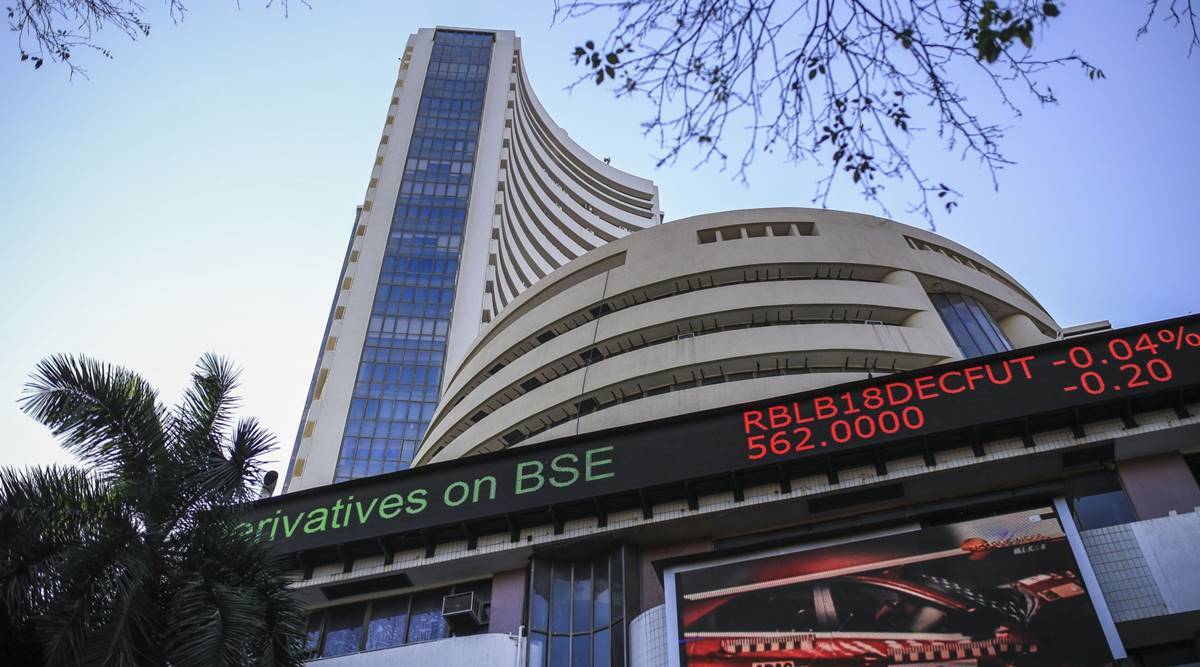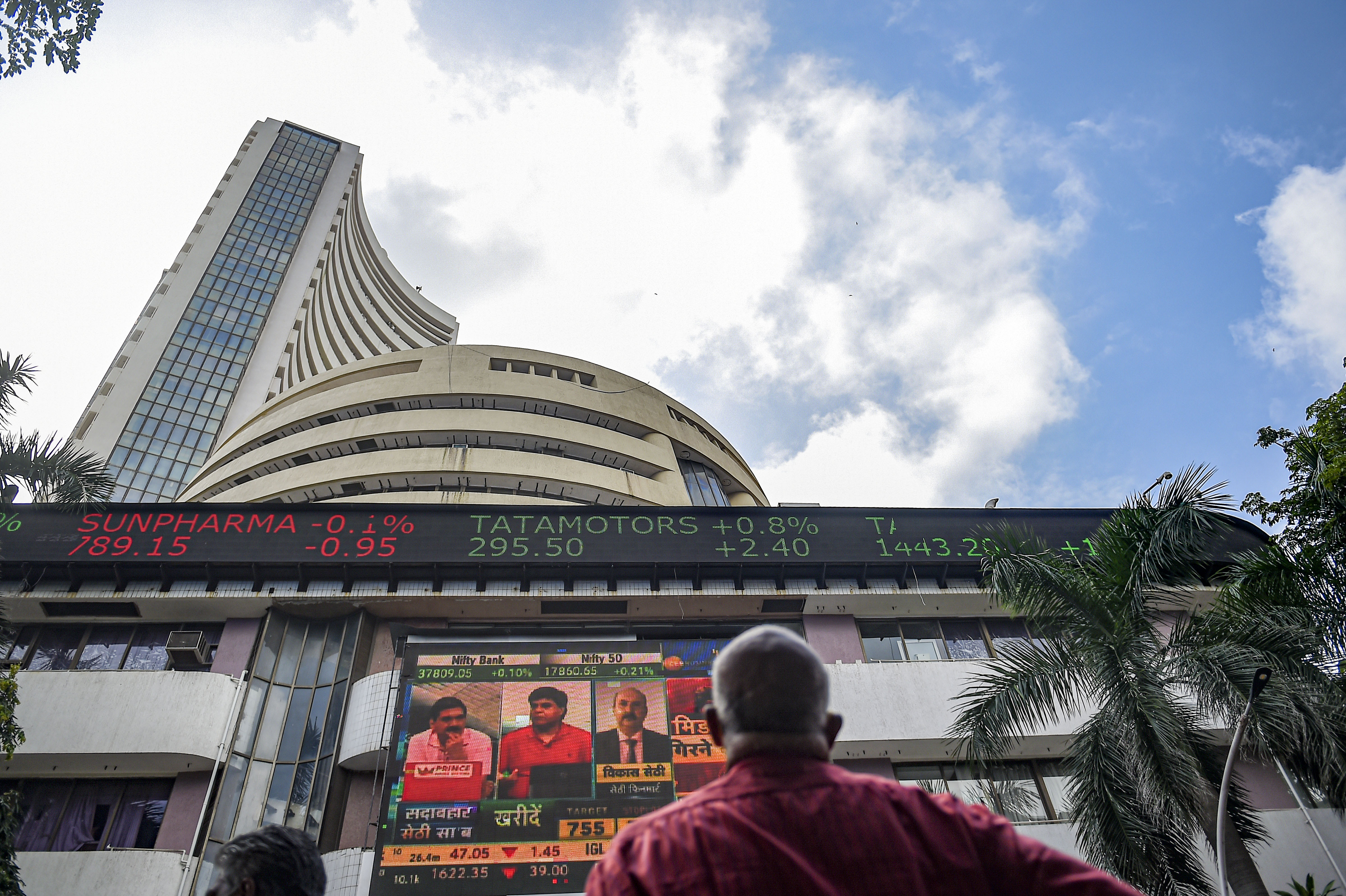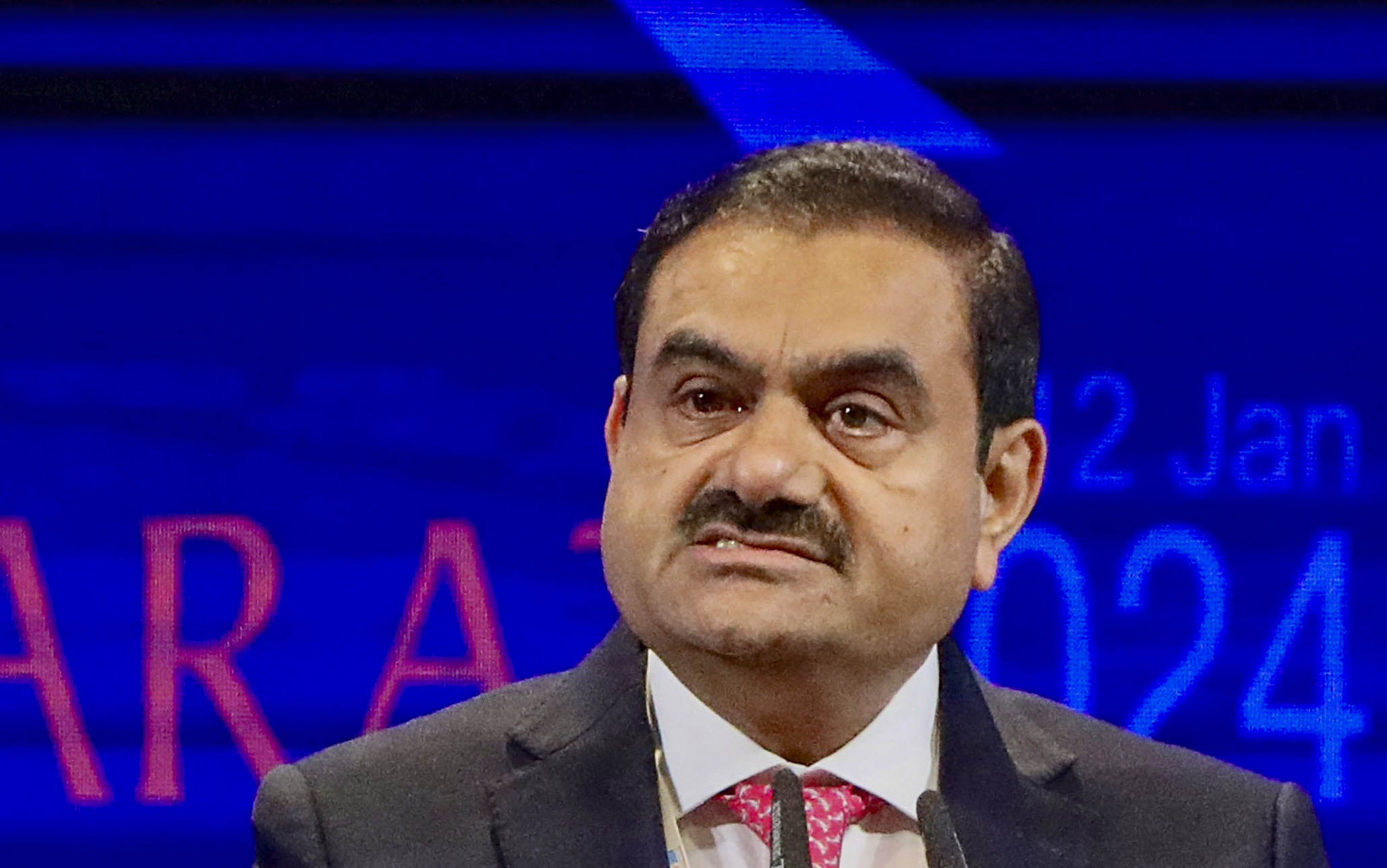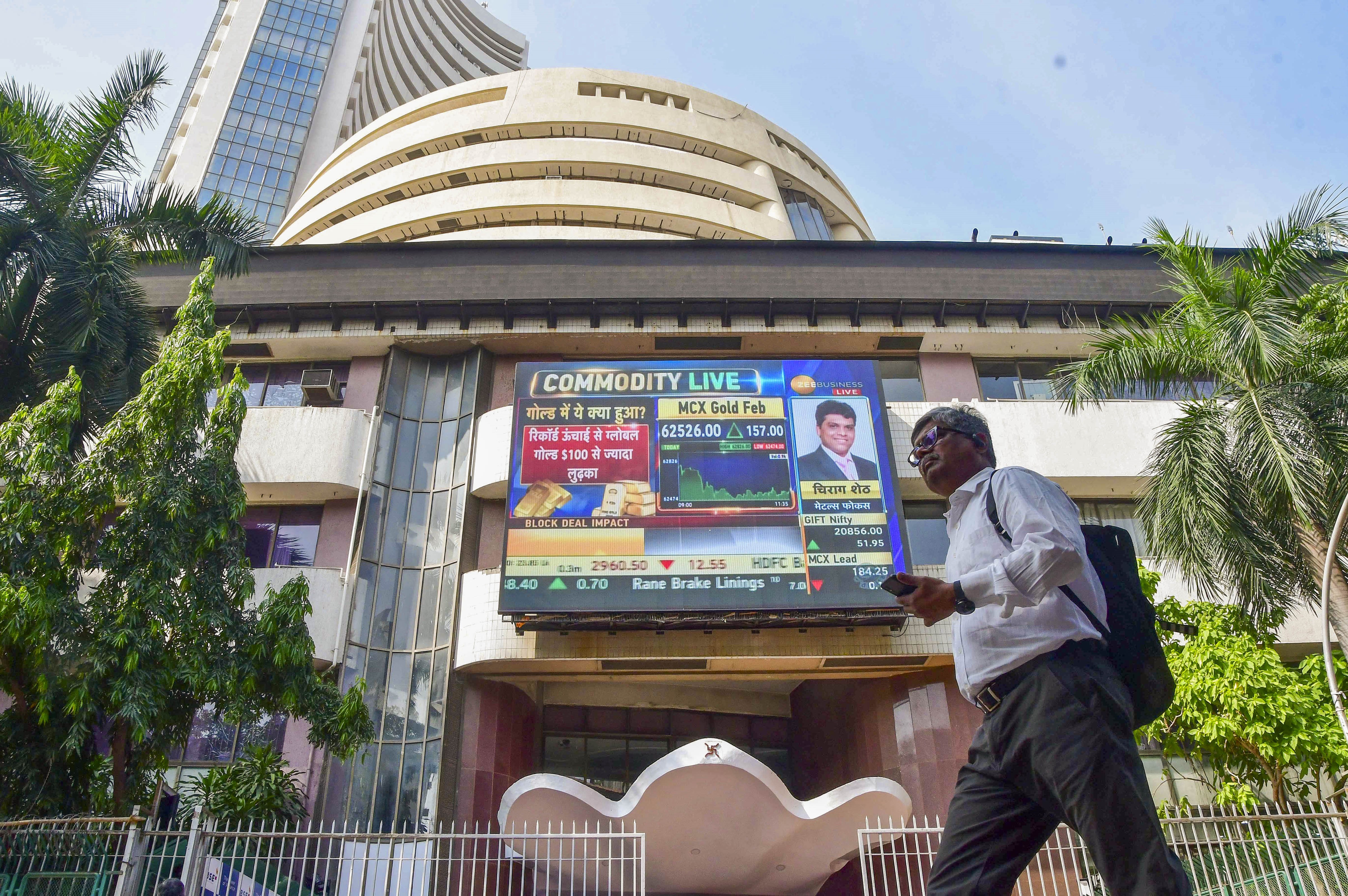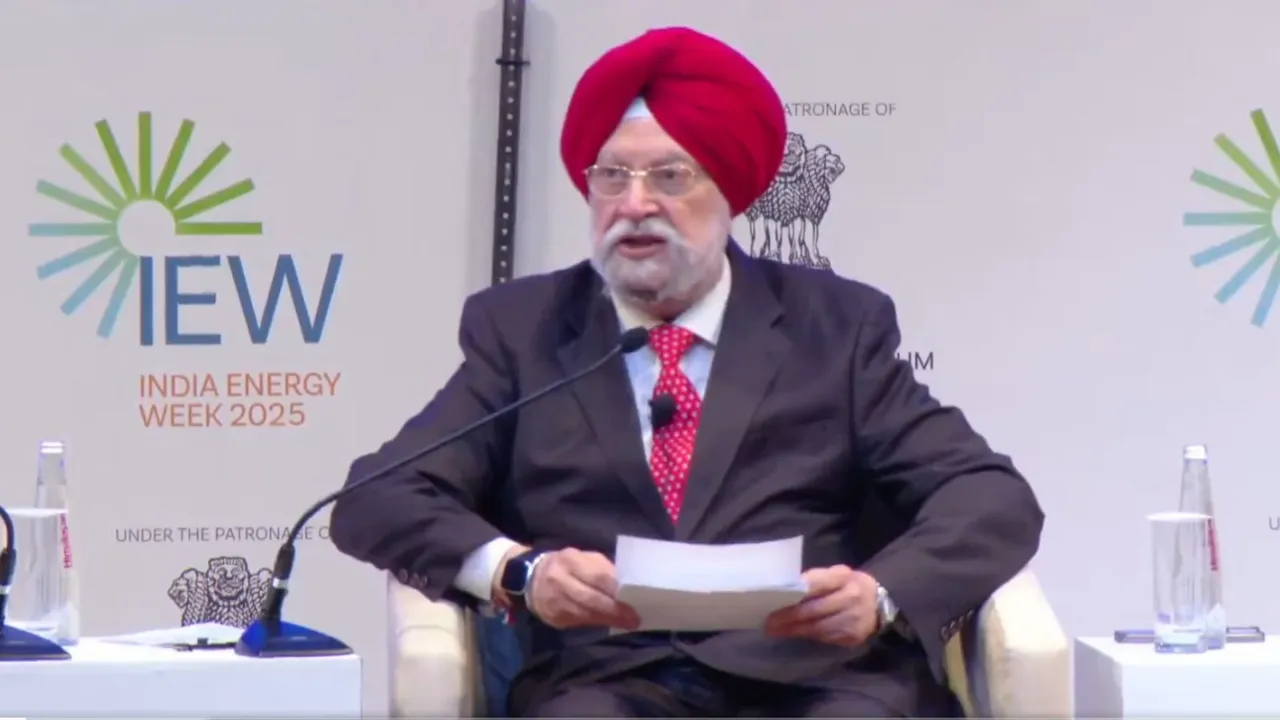UN climate chief calls India 'solar superpower', urges it to submit stronger climate action plan
The collective aim of these climate plans is to limit global temperature rise since the start of the industrial revolution to 1.5 degrees Celsius, the key goal of the 2015 Paris Agreement.
PTI
-
Solar panels installed at Duhai Depot RRTS station
New Delhi, 15 Feb
UN climate chief Simon Stiell has called India a "solar superpower" and urged it to develop an ambitious climate plan covering its entire economy, saying that an even stronger embrace of the global clean energy boom will supercharge its economic rise.
Stiell, who is in India to attend the ET Global Business Summit, lauded India's efforts to mitigate climate change, saying that while some governments only talk, "India delivers".
"India is already a solar superpower, one of only four countries to have installed more than 100 gigawatts of solar... Energy access is on the rise with villages across the country electrified by 2018, well ahead of schedule," he said.
"Now there is a real opportunity to take the next step and unleash even bigger benefits for India's 1.4 billion people and economy. India is already headed firmly in this direction, but an even stronger embrace of the global clean energy boom will supercharge India's economic rise," he said.
Stiell said India has an opportunity that only a few countries have: "To realise ambitious plans to deploy hundreds more gigawatts of renewable energy capacity. To lead a new wave of green industrialization, developing, scaling, and exporting vital technologies."
He said the world's fifth-largest economy is well-positioned to reap the benefits of ambitious, economy-wide climate plans. "Key among them is Prime Minister (Narendra) Modi's leadership in prioritizing LiFE–unleashing the power of institutions, communities, and individuals to protect the environment and promote a circular economy."
The UN climate chief added that India's leaders have a rare opportunity to deepen whole-of-economy industrial strategies that would make the fast-developing South Asian nation a "dominant force in clean energy and industry".
Countries are required to submit their next round of Nationally Determined Contributions (NDCs), or climate plans, for the 2031-2035 period this year.
With most countries, including India, missing the 10 February deadline, Stiell earlier this month urged them to submit their plans by September at the latest.
An official source in the Union Environment Ministry told PTI that India has not yet finalised its new NDCs.
"India's new NDCs will have targets achievable with the means available. Mitigating climate change requires financial and technological support, along with other enablers. Developed countries are unwilling to provide this support. Why should countries that did not cause climate change continue to suffer?" the source said.
The collective aim of these climate plans is to limit global temperature rise since the start of the industrial revolution to 1.5 degrees Celsius, the key goal of the 2015 Paris Agreement.
Developed countries, historically responsible for most of the greenhouse gas emissions driving climate change, were required to deliver a new and ambitious financial package to support climate action in the developing world at the UN climate conference in Azerbaijan last year.
However, they offered a paltry USD 300 billion by 2035, a mere fraction of at least USD 1.3 trillion needed annually from 2025.
India had called the sum "too little, too distant", "paltry" and "an optical illusion".
The government's Economic Survey 2024-25 tabled in Parliament in January said the lack of funding from developed countries to mitigate climate change in the Global South may prompt developing countries to "rework" their climate targets.
Stiell warned that without strong climate action, especially by the G20, the planet will be facing much more dangerous rises in temperature.
He cautioned that climate disruptions could severely affect India's economy. "According to SwissRe, as much as 35 per cent of India’s GDP could be eroded by 2050."
"The Reserve Bank of India says climate change is already disrupting the financial system. This is an argument to invest heavily in resilience measures," he said.
Stiell urged everyone in India to overcome hurdle rates and bureaucratic blockages and work together to truly make India a solar superpower, a clean energy giant.
"Electric India will never look back," he said.
Leave a Reply
Your email address will not be published. Required fields are marked *








